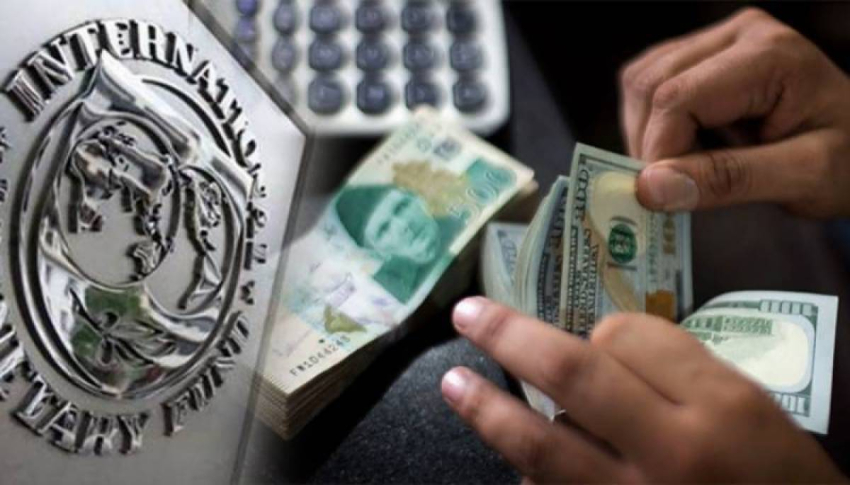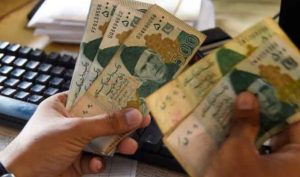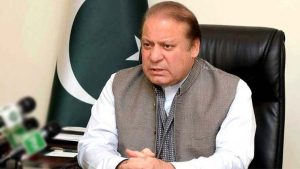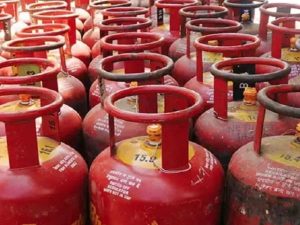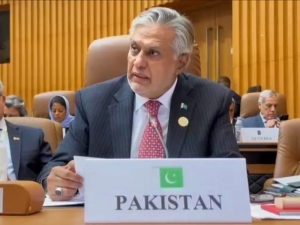ISLAMABAD – International Monetary Fund (IMF) wants Pakistan to further increase its interest rates maintaining that higher rates are crucial to fight inflation and lowering the country’s current account deficit.
As the South Asian nation is facing the worst economic challenges in recent times, the global lender advised Islamabad to raise interest rates to neutralise inflation.
In its regional economic outlook for the Middle East and Central Asia, IMF maintained that Inflation has continued to increase in Pakistan, Egypt, and Tunisia, in line with current policy interest rates relative to natural policy rate estimates suggesting that further interest rate increases are needed to stabilise inflation.
IMF said in countries where inflationary pressures continue and the stance is loose, a tighter monetary policy is needed. Pakistani experts are however against the IMF demand as it will further increase the country’s debt burden.
Last month, Pakistan’s central bank increased the interest rate further to 21 percent in today’s policy review meeting to arrest inflation levels in the crisis-hit country. The move comes in wake of demand tabled by International Monetary Fund (IMF) as the government is making desperate moves to get bailout funds.
Lately, Consumer Price Index (CPI) based monthly inflation skyrocketed to an all-time high of 36.4% on a year-over-year basis in April 2023 compared to 35.4% in the previous month and 13.4% in April 2022. This is the highest rate of inflation in South Asia.
The most recent PBS figures show that the annual inflation in urban and rural areas increased to 33.5% and 40.7%, respectively. The high level of food inflation persisted, making living for the populace even more challenging.
Pakistan s inflation reaches a record high in April, highest in South Asia
The finance ministry said headline inflation was expected to remain at elevated levels in the months to come, despite contractionary monetary policy by the central bank.

